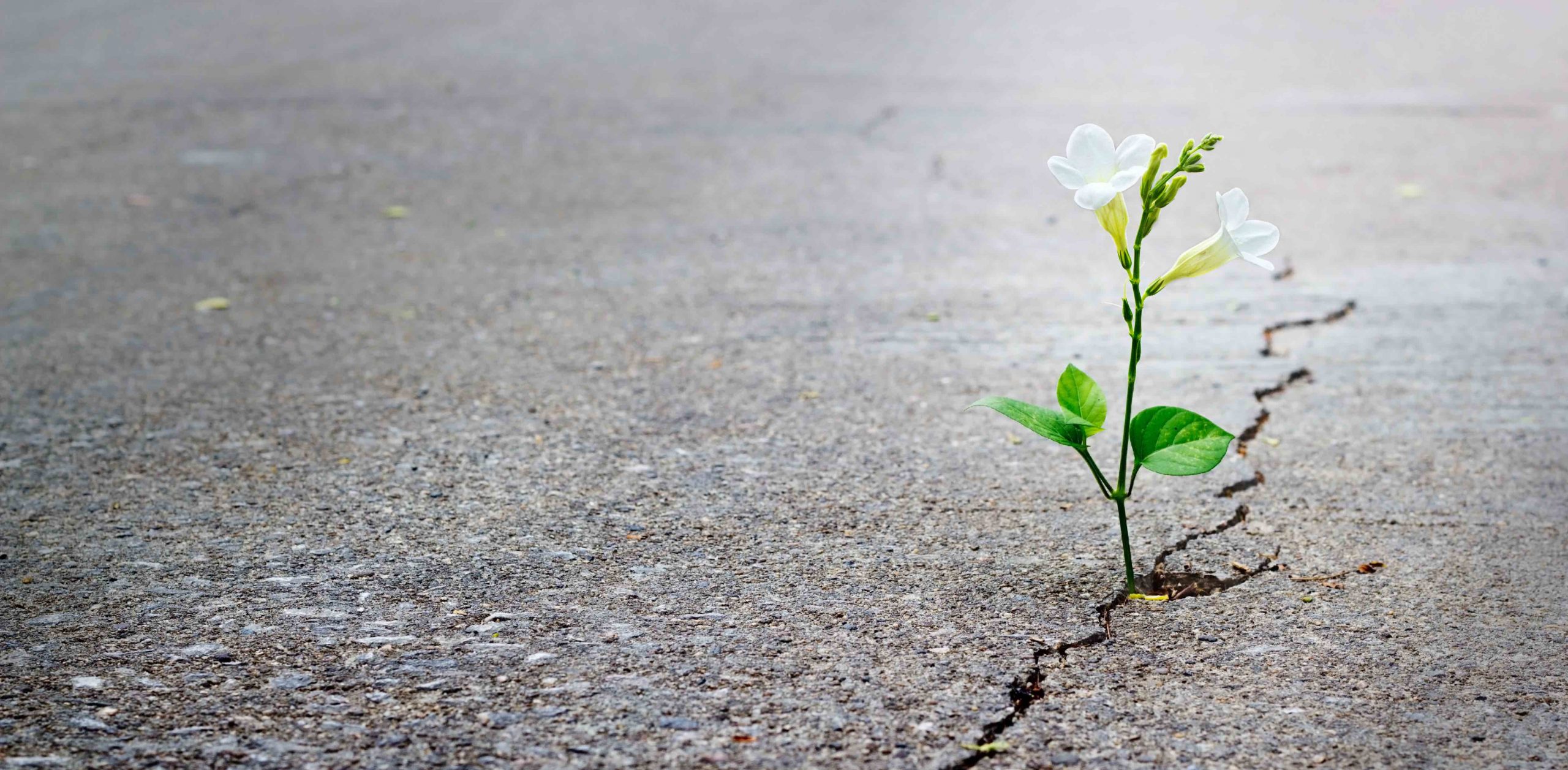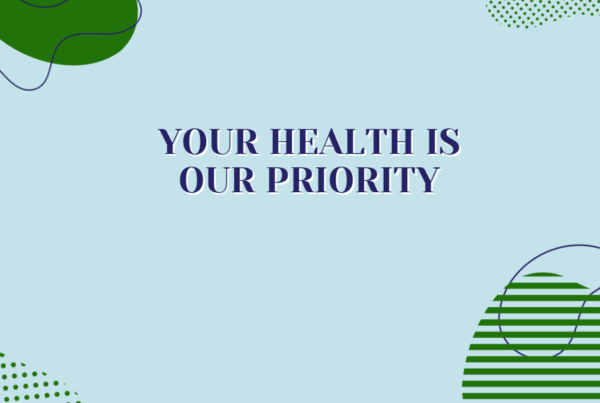‘Success is not final,
failure is not fatal,
it is the courage to continue that counts’
– Winston Churchill
By Miriam
Our journey through life does not come with a map. The landscape is full of high mountains, deep rivers and twists and turns. Some are expected and some unexpected. We experience challenges daily and seek to adapt or to rise to the challenge. Some we can navigate with ease however; others such as the death of a loved one, a job loss, illness or accident can evoke strong emotions which may impact people profoundly and in different ways. In general, we can recover to normal or almost normal to these major events over time. It is our ability to adapt and move on with our lives in a healthy way is understood as resilience.
Resilience is not necessarily something we are born with or comes as a personality trait. It is more likely developed and built during times of difficulty, pain and adversity. It can be argued that anyone can develop their level of resilience, as it mostly is comprised of thoughts, behaviours and actions that anyone can develop within their own time frame and with some support.
The role of resilience is not take away the difficult and painful experiences, instead it may prevent us from allowing these experiences to determine our whole life. Being resilient allows us to see what aspects of our lives that we can control, adapt to and possibly find great personal growth through. Resilience can empower us.
What is the experience?
People with low resilience may experience some of these feelings:
- Depressed
- Victimised
- Demoralised
- Hopeless
- Disconnected
- Tired or Fatigued
- Stressed Out
- Find it difficult to continue
How to build resilience
There are many ways to foster stronger resilience that can be summed up through the following principals (positivepsychology.com).
- Having a reliable support system
- Maintaining positive relationships
- A positive attitude
- A positive self-image
All of the above is easier said than done of course and support may be helpful in order to achieve better resilience. Stronger resilience can be achieved. This was certainly the case for me.
Developed by Deborah Serani, Psy. D I have chosen the following tool to explore situations from a healthier perspective as it made sense to me in real life.
The 4-Factor Approach
1. Stating the facts
Seeing the actual events and refraining as much as possible from growing ‘arms and legs’ beyond the truth of the situation.
2. Placing blame where it belongs
It may be that we take all the blame ourselves, or at least feel that no matter what, it’s our fault. Stepping back and reflecting on the situation as it truly is, allows us to see that the blame is not ours.
3. Re-framing
To re-frame a situation or event, seek the silver lining. Ask yourself, could it have been worse or what did I learn? Re-evaluate the situation with a view to finding a positive.
4. Giving yourself time
Take the time to heal, notice how you are, and maybe engage with someone to support you through this process.
Engaging the above 4-Factor Approach allows us to essentially train our brain to understand a situation differently. The more you engage with the process, the more resilient you can become. Reaching out for some support to help you do this potentially can be the ‘positive silver lining’.
My story
I personally chose to write this blog as it connects deeply for me and my own personal journey. As an adoptee with confusing links to a mother and baby home in Ireland which of course is very current now; my life’s twists and turns large or small always left me ‘stuck’ in my emotions with no feeling of control at all. I never fully trusted another person and always dreaded anything happening as my coping skills were not healthy. I would not engage in a meaningful way with friends, or feel like I belonged anywhere. This could never be guessed from the outside as I was always present and smiling, but on the inside I was not connected. I did not have robust or strong resilience and it was torture. I always envied those who I perceived to sail through life, be optimistic and appear not to get as affected by events as I did, or more particularly for as long as I did. Through my own personal therapy sessions as a client, I have developed resilience through exploring how I was feeling, gaining more insight to myself and acquiring some good education about how it all works in terms of my own journey. It is now evident in how I live my life and how, on reflection, I cope with adversity.
There is support available ‘Wherever you are, we are’
#resilience #covid19 #coronavirus #whereveryouareweare #onlinecounselling





